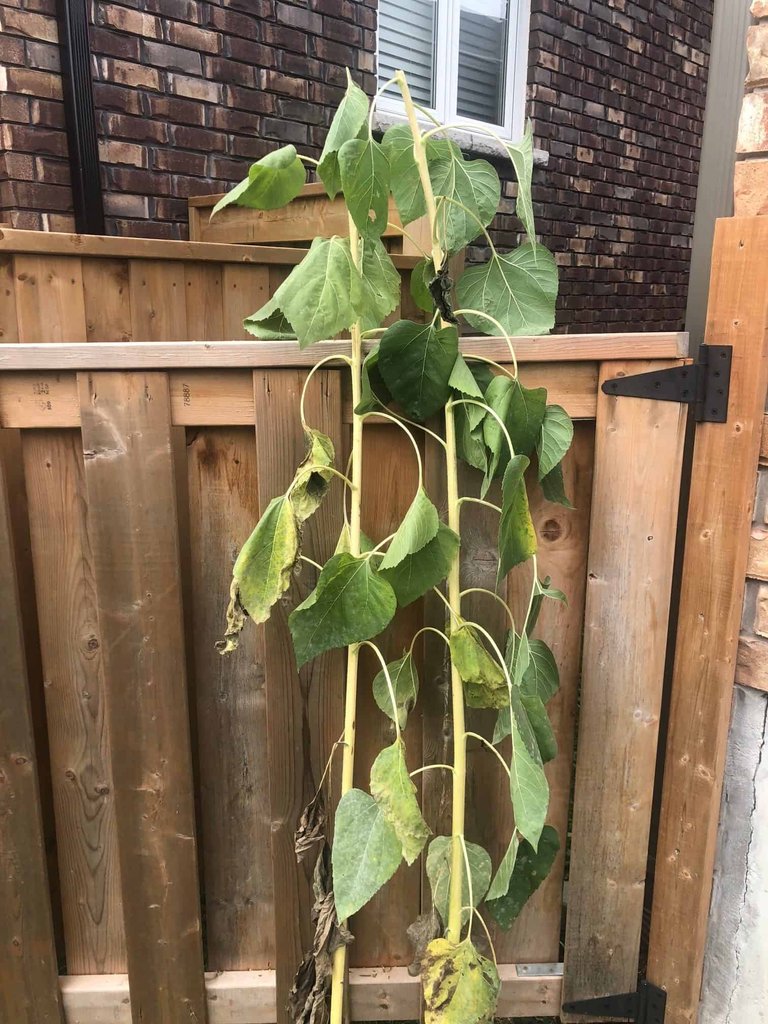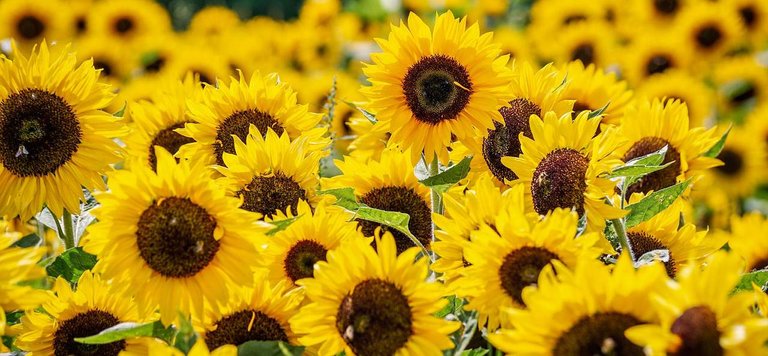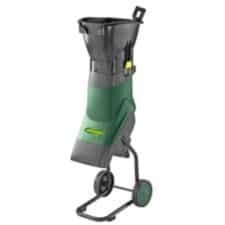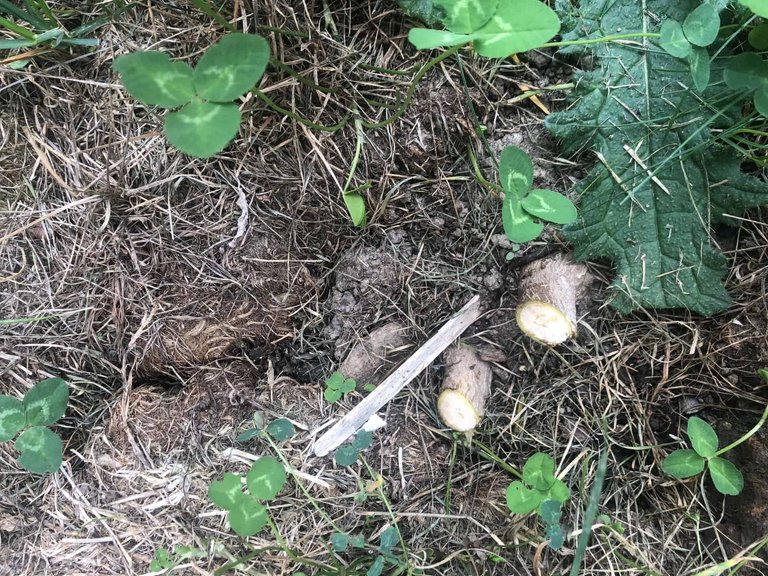I've been trying to find a way to regenerate some topsoil on poor land without hauling in a lot of organic materials.
I'll give a bit of backstory. In 2015 my family moved into a newly built home in the suburbs of a small city. The builders had scraped all the topsoil off of what was previously a pasture, and piled it up. They built the homes in the subsoil as here in Canada we need basements to keep the, frozen in winter soil from shifting the foundations. Rather than replacing topsoil they placed sod directly on the subsoil. They screened and sold the topsoil for further profit.
I now have a small lot with difficult to grow lawns, almost no soil for any plants to grow and poor water retention.
Recently I started really thinking about a way to generate some soil, but I don't want to haul in large amounts of compost and would prefer an on-site solution.
I needed organic material, something I could grow and use for mulch and compost myself.
I was trying to find a plant with the following characteristics:
- Grows ok in poor/little soil
- Produces a large biomass
- Wouldn't become invasive (annual)
- Had somewhat woody, fibrous stalks to support fungal growth.
- Could absorb minerals and nutrients in plant available form
- Has a large root mass.
It's winter here now so my plan will need to wait until spring but I have a plan.
Around the last frost date (May 20 according to the Farmers Almanac) I'll be sowing several rows of sunflowers around my house where there is enough sunlight to grow them.
I'll mulch around them after they sprout to keep it looking fairly tidy.
In the fall I'll have plenty of seeds for roasting as snacks and a huge pile of stalks and leaves.
The Plan
I have a small mulcher like the one above. so I figure I'll mulch up the leaves and stems to prepare them for composting. Originally I was going to use some of this material as mulch as well. However I recently learned that sunflowers produce compounds that can interfere with or even kill other plants. Used coffee grounds have similar properties before composting but are useful after composting so I'm 90% sure sunflower will be the same. In a Canadian Winter its hard to keep the worms fed all winter so even if the compost isn't great at least the sunflower trimmings will be easy to store and feed over winter.
Feasibility Testing

So I had 2 mammoth type sunflowers growing in summer 2018 that my son brought home barely sprouted as a Mother's Day gift for my wife. By the end of summer they were big, but not for a mammoth sunflower.
When I knew they weren't going to grow any more, I cut them off close the the ground and ran them through the mulcher (video below). My reasons for leaving the roots in the soil are:
- Not to disturb microbes in the root zone
- To continue as food for the microbes
- Once rotted to provide air and water channels into the soil.
When I plant the sunflowers I'll add a bit of basalt rock dust just to help overcome any potential mineral deficiencies there may be in my existing soil. Sunflowers are great at accumulating minerals so when the casting is applied back some minerals should go back in plant available form.
In Conclusion
My plan at this point seems to be feasible enough to continue with in the spring. I'll be bringing updates over the next year at least.
Posted from my blog with SteemPress : https://thebluewormbin.com/soil-regeneration-without-outside-inputs/



Congratulations @thebluewormbim! You received a personal award!
Click here to view your Board
Hello @thebluewormbim! This is a friendly reminder that you have 3000 Partiko Points unclaimed in your Partiko account!
Partiko is a fast and beautiful mobile app for Steem, and it’s the most popular Steem mobile app out there! Download Partiko using the link below and login using SteemConnect to claim your 3000 Partiko points! You can easily convert them into Steem token!
https://partiko.app/referral/partiko